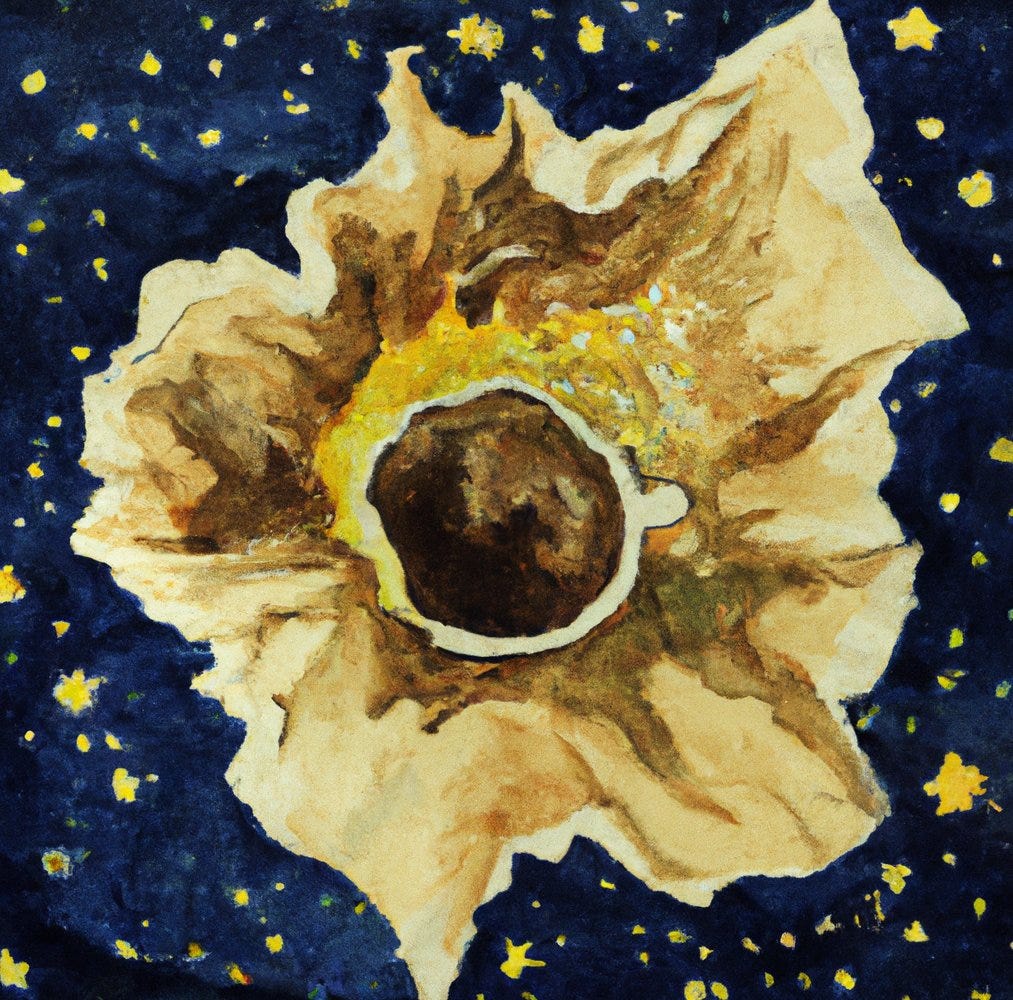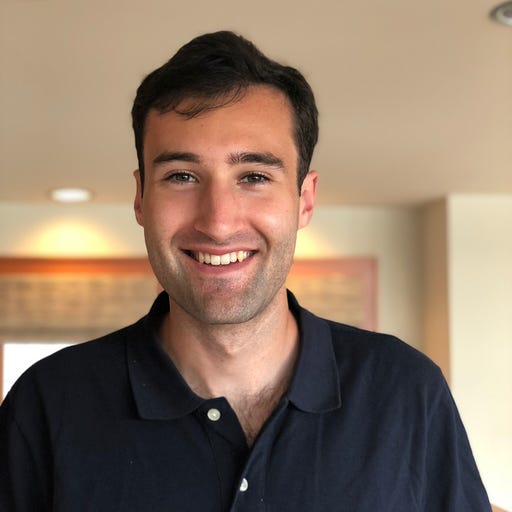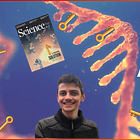The COB vision
An update on how things have been going, and what to expect next
I started this newsletter with a very simple goal: to explain cutting-edge biotech research as soon as it was made available online. What started as a small side project has evolved over time and taken on a life of it’s own. I’ve met so many remarkable people through this work, and it has genuinely changed my life. I’ve flown past 10,000 readers, and growth seems to be compounding. I can’t imagine stopping—it’s way too much fun. I hope that you’ve enjoyed these initial ~100,000+ words as much as I’ve enjoyed writing them.
As I’ve periodically done, I want to update you on how I’m currently thinking about the vision for this newsletter. With so many new readers each day, I think that it’s worth reintroducing myself and explaining what I’m trying to accomplish here.
I’m obsessed with the data, strategy, and philosophy of biotechnology.
Today, I’m sharing the updated About page for COB, to lay out the different types of essays you’ll be receiving moving forward. Hopefully it makes sense how the different layers I’m working on connect together. This is continually a work in progress, and I’ve saved the previous version here.
May is going to be a busy month for me, but you can expect one big piece in the coming weeks. After that, I’m looking forward to launching a new series in June.
As always, thank you so much for reading. My goal is for this newsletter to always be free, so the best way to support my work is to share it with somebody that you think might enjoy it.
Welcome to The Century of Biology 🧬
If the 20th century was the century of physics, the 21st century will be the century of biology. While combustion, electricity and nuclear power defined scientific advance in the last century, the new biology of genome research—which will provide the complete genetic blueprint of a species, including the human species—will define the next.
- Craig Venter and Daniel Cohen, Fall 2004, Paris
About
What a time to be alive. As a species, we’ve arrived at an unprecedented moment in Evolution. We can now read, write, and edit DNA—the source code of all living organisms. Advances in DNA sequencing technology have outpaced Moore’s Law, becoming the “broadly enabling microscope” of the 21st century. DNA synthesis costs have also exponentially decreased. CRISPR has transformed gene editing from a bespoke, error-prone, and laborious process into a programmable task routinely carried out by graduate students around the world.
If Moore’s Law gave birth to the Internet and reordered society, what will come of this exponential progress in our ability to understand and engineer life?
I don’t know the answer, but I’ve dedicated my life to accelerating this biotechnological revolution in pursuit of a beautiful and abundant future. We have a unique opportunity to use these tools to make our bodies, our societies, and our planet healthier. This newsletter is an attempt to distill my learnings from the frontier of biology into coherent and useful essays.

About me
My name is Elliot Hershberg, and I’m a scientist, writer, and investor. I’ve spent eight years working on the frontier of the life sciences. I’m trained as both a biologist and a computer scientist. I’ve spent many hours at the lab bench, and have also worked as a software engineer building tools for genome scientists.
Currently, I’m a PhD student in the Department of Genetics at Stanford. My primary focus is using my software background to build beautiful tools that give biologists new superpowers. I also invest in biotechnology. I was a Bio-IT Fellow at 8VC, and now work as the Biotech Partner at Not Boring Capital with Packy McCormick. We back ambitious scientific founders, and help them tell their stories.
“The mistake people make is thinking the story is just about marketing. No, the story is the strategy. If you make your story better you make the strategy better.”
- Ben Horowitz (a16z)
Newsletter content
The essays I write primarily come in three flavors:
Data/Research
I want to explain important scientific and technologic advances as they happen. To do this, I’ll continue to share short essays about the bioRxiv preprints I’m the most excited about. I write about preprints because there is often a delay of months to years before important work finally makes it into journals. I find that it also keeps me honest about developing good scientific taste, because I can’t lean on the opinion of the editors at Cell, Nature, and Science. Here’s an example:
I’ll also share some of my own work on new software tools and prototypes, like I did here:
Companies/Strategy/Analysis
Incredible businesses are being built on top of the emerging technology stack that I focus on. I also share some of these stories through in-depth analysis of companies, and broader strategy writing:
Philosophy
Writing about science and companies involves explaining what is happening. This is important, but I’m also interested in a more fundamental question: why should we pursue biotechnology in the first place?
Contrary to the various flavors of doom and gloom in the current zeitgeist—political progress is hopeless, climate change will kill us, AI will turn us into gray goo—I have a deep conviction that a beautiful biotic future is possible if we steer in the right direction. I feel a responsibility to convey this worldview to others.
My longer term ambition is to develop a philosophy outlining why it is a moral and aesthetic imperative to pursue biotechnology. This essay is a first step in that direction:
I hope that you enjoy this newsletter, and that you decide to join me in this journey. My intention is for this newsletter to always be free. If you’re looking for a way to support my work, consider sharing The Century of Biology with somebody that you think would enjoy it:
Onwards! 🧬










Lovely essay on Viriditas. Any thing to foster the biosphere here and to spread engineered versions of it outward are deeply moral enterprises, so long as there are not non-terrene biospheres adversely effected. Why do biotechnology? I once made a proposal to the chair of a multidisciplinary Dept (math, computer science, physics) at my university. I wanted to develop a seminar on a powerful software modeling tool I was working on. The chair asked me in effect, why do this- we already have tools that can do the same job?
I didn't hesitate to answer, "Because to show we can. Because to develop a tool that we may not need now, but that we may need in the future benefits science. It broadens our repertoire." Though the conversation occurred 25 years ago or so, I can still remember my answer clearly. As it turned out the seminar never eventuated but the ideas in it were used by a doctoral student for his dissertation and he is now teaching electrical engineering back in his home country. So there was benefit in even trying!
I have definitely enjoyed this newsletter since the beginning, and I'm looking forward to absorbing the knowledge you're sharing going forward! Many thanks, Rick